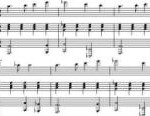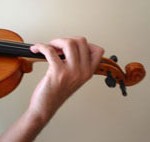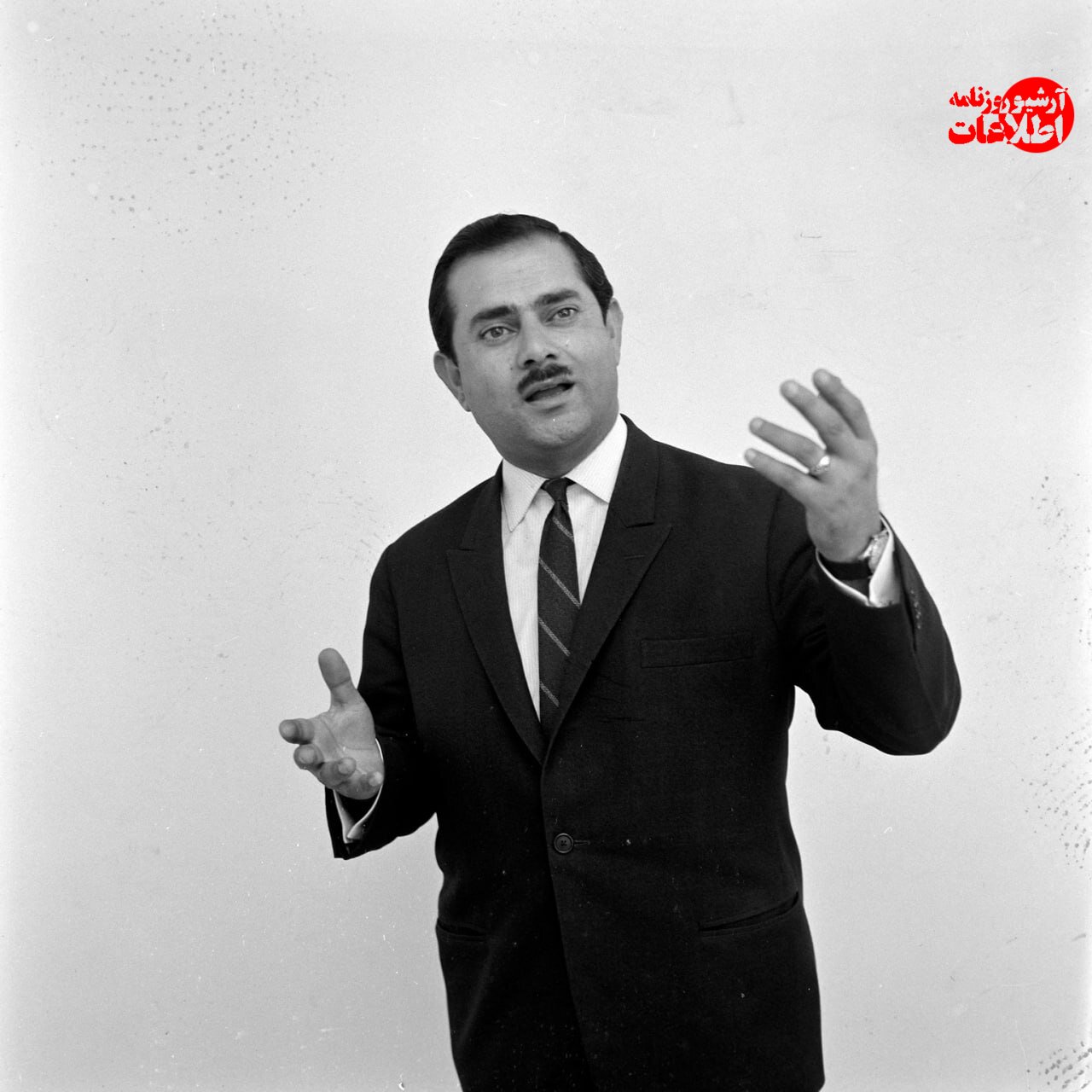UnTwelve Non-profit Organization announced the results of its 2014/2015 composition competition on January 28, 2015. Shaahin Mohajeri, an Iranian Tonbak player, microtonalist, acoustician and composer, was awarded the second prize for his piece “Castle of Babak.”
Tag Archives: Composition Competition
Latest posts
- Nasser Masoudi: The Voice of Gilan and a Legacy of Iranian Music
- Farhad Poupel: The Voice of the Shahnameh in the Orchestras Around the World
- Five Major Myths About Mozart’s Life
- Bahma Rajabi Passed Away!
- Reza Vohdani; Unveiling unpublished works, preservation of Iranian classical music
- Ahmad Pejman Passed Away!
- Timeless or Timely: The Role of Historical Context in Defining Artistic Value
- Leading the Charge in Censorship
- The Legacy of Khosrow Jafarzadeh
- Transition to Enlightenment: Six Lectures on Mozart’s String Quartets (4)
- Fereydoun Shahbazian, An Iranian Musical Icon Passed Away
- Transition to Enlightenment: Six Lectures on Mozart’s String Quartets (3)
From Past Days…

Iranian Fallacies: Iranian Chords
Finding a way to harmonize the Iranian music has been the subject of controversy among Iranian musicians for a long time. Some believe in the creation of harmonies for Iranian music based on a method which is similar to the tierce harmony; while others have either selected or invented some other methods. There are also some musicians who do not basically agree with the harmonization of the Iranian music.

A brief examination of Ardavan Kamkar’s Santour playing style
I still think of those fish in a crystal bowl for the Haft sin table and those disappointed old men who went out to sell blackfish.

Polyphony in Iranian Music (II)
With regard to each polyphonic form, only one specific and distinguished example is analyzed. These polyphonic forms are as follows:

Last Year under the Light of Music
Almost three months into the new Iranian year (starting March 21), it is still not too late to have a look at the last year and the challenges that the musicians faced. The following article was published on the first day of the New Year in the Persian edition of the HarmonyTalk journal.

Principles of Violin Playing (VIII)
1.5.1.3.sometimes, a player, due to different reasons, may decisively want to play continuously two notes with a half-step by means of the same finger, in such a case, it’s necessary to open the interior curve of the finger like a spring. Naturally coming back, the curve of finger should be closed and the finger should become curved shape again (see paragraph 3.1.2.1).

Jamshid Andalibi passed away!
Jamshid Andalibi, one of the most famous ney players in Iran, passed away on the fifteenth of Esfand, 1402, at the age of 66 due to a heart attack at his private residence. Andalibi was a member of a family that had a significant presence in the field of Iranian music in the sixties and…
Read More

Prominent Iranian Musicologist Passes Away in Vienna
Khosrow Djafarzadeh, musicologist and architect, who was also one of the main authors of HarmonyTalk journal passed away on 15 July 2019.

Nasser Masoudi: The Voice of Gilan and a Legacy of Iranian Music
In Iranian music, certain singers have become emblematic of their homelands through their distinctive voices. Historical figures such as Eghbal Sultan, who epitomized the grandeur of Azerbaijani music, and Taj Isfahani, who conveyed the authentic essence of Isfahan, serve as notable examples from the Qajar era. Nasser Masoudi occupies a similar position; his voice emerged as a symbol of Gilan while also achieving national acclaim. Before him, Master Ahmad Ashurpur represented Gilan’s musical landscape, but his extended residence outside Iran limited his continuous engagement in the music scene. In contrast, Masoudi’s consistent presence allowed him to introduce the voice of Gilan to audiences across Iran.

Transition to Enlightenment: Six Lectures on Mozart’s String Quartets (3)
Wolfgang Amadeus Mozart, a musical prodigy of the Classical era, was deeply influenced by the intellectual currents of the Enlightenment. His exposure to Enlightenment ideas was multifaceted, shaped not only by the cultural milieu of his time but also by the relationships within his family and his own interactions with prominent figures of the Enlightenment. This exploration will delve into Mozart’s acquaintance with Enlightenment ideas through his father’s relationships and his own encounters with influential personalities of the era, including Christian Fürchtegott Gellert, Baron Melchior Grimm, Madame d’Epinay, and Joseph von Sonnenfels. Additionally, the essay will examine the impact of Joseph II’s reforms on Mozart’s life and artistic endeavors.

Ali Rahbari’s collaboration with Naxos as a Composer
Concertino for Violin and Orchestra entitled Nohe Khan was composed by Ali (Alexander) Rahbari while he was studying music in Vienna in 1972. This piece was composed having in mind the Ashoura events and inspired by the music which is used during the Ashoura ceremonies. The piece was first performed and recorded by Bijan Khadem…
Read More